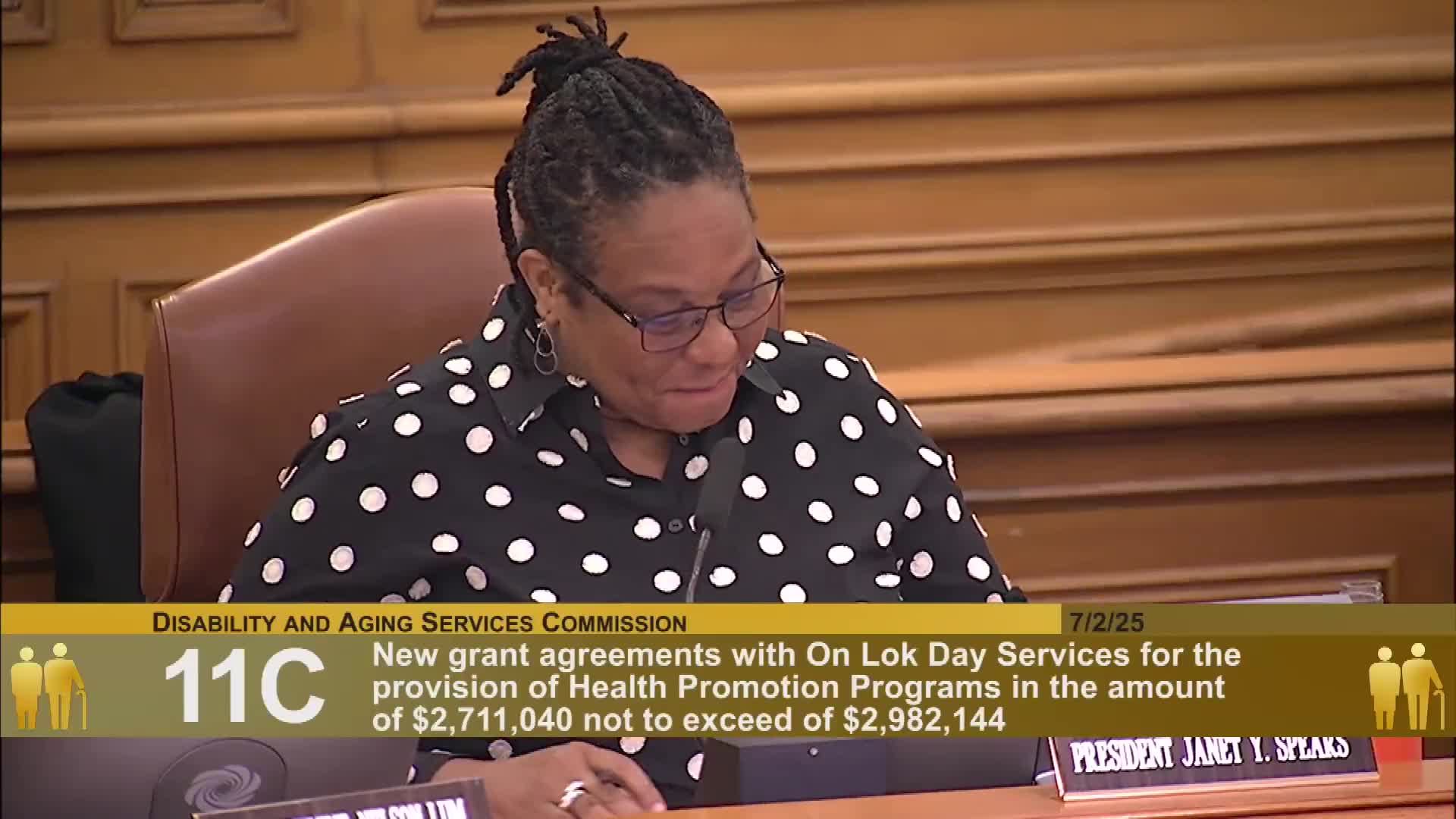Article not found
This article is no longer available. But don't worry—we've gathered other articles that discuss the same topic.
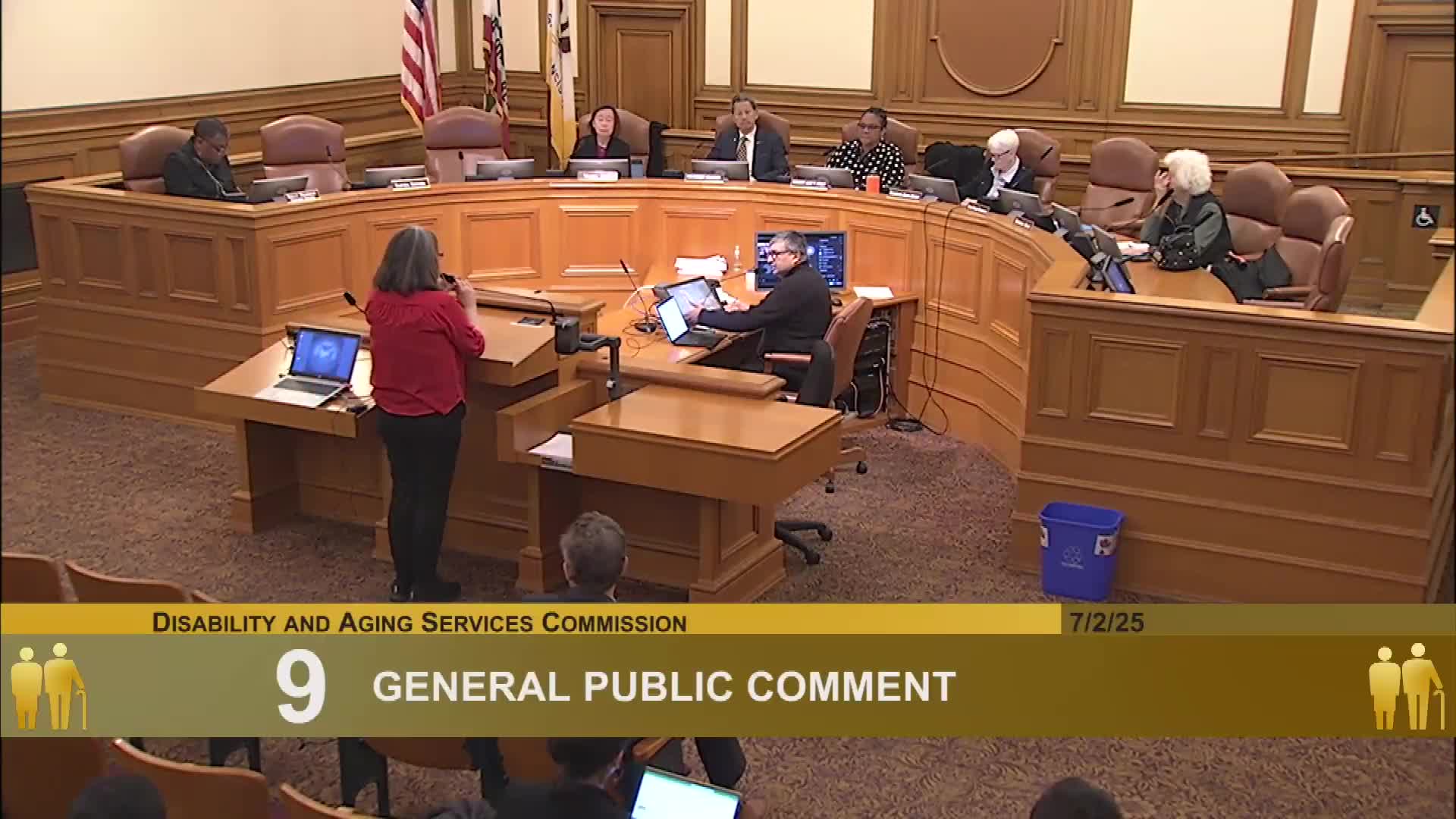
Hoarding Behavior Program urges restoration after 21% cut, cites housing and fire risks
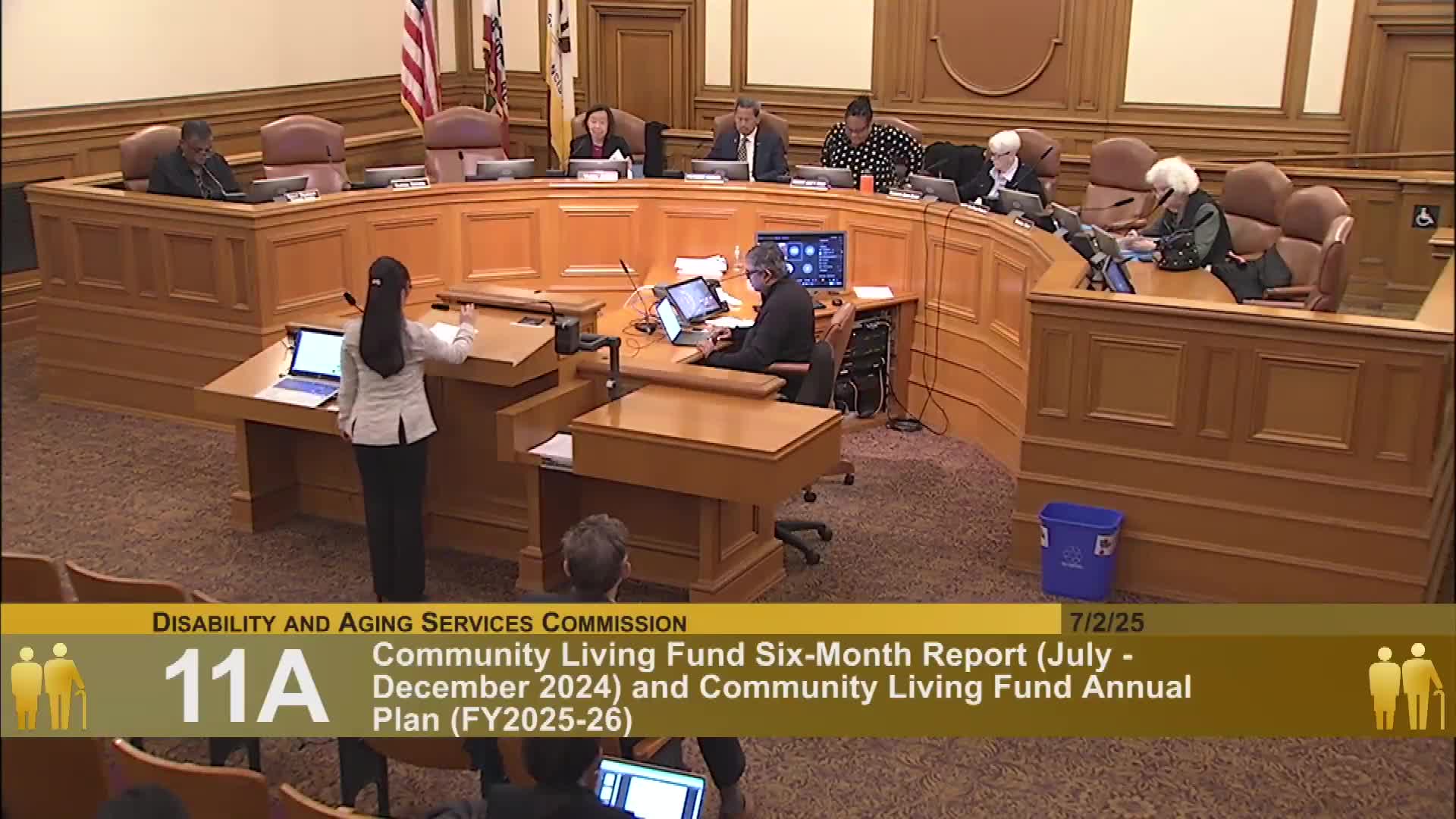
DAS reports Community Living Fund service increases and CalAIM revenues; state area plan funding shows net decrease
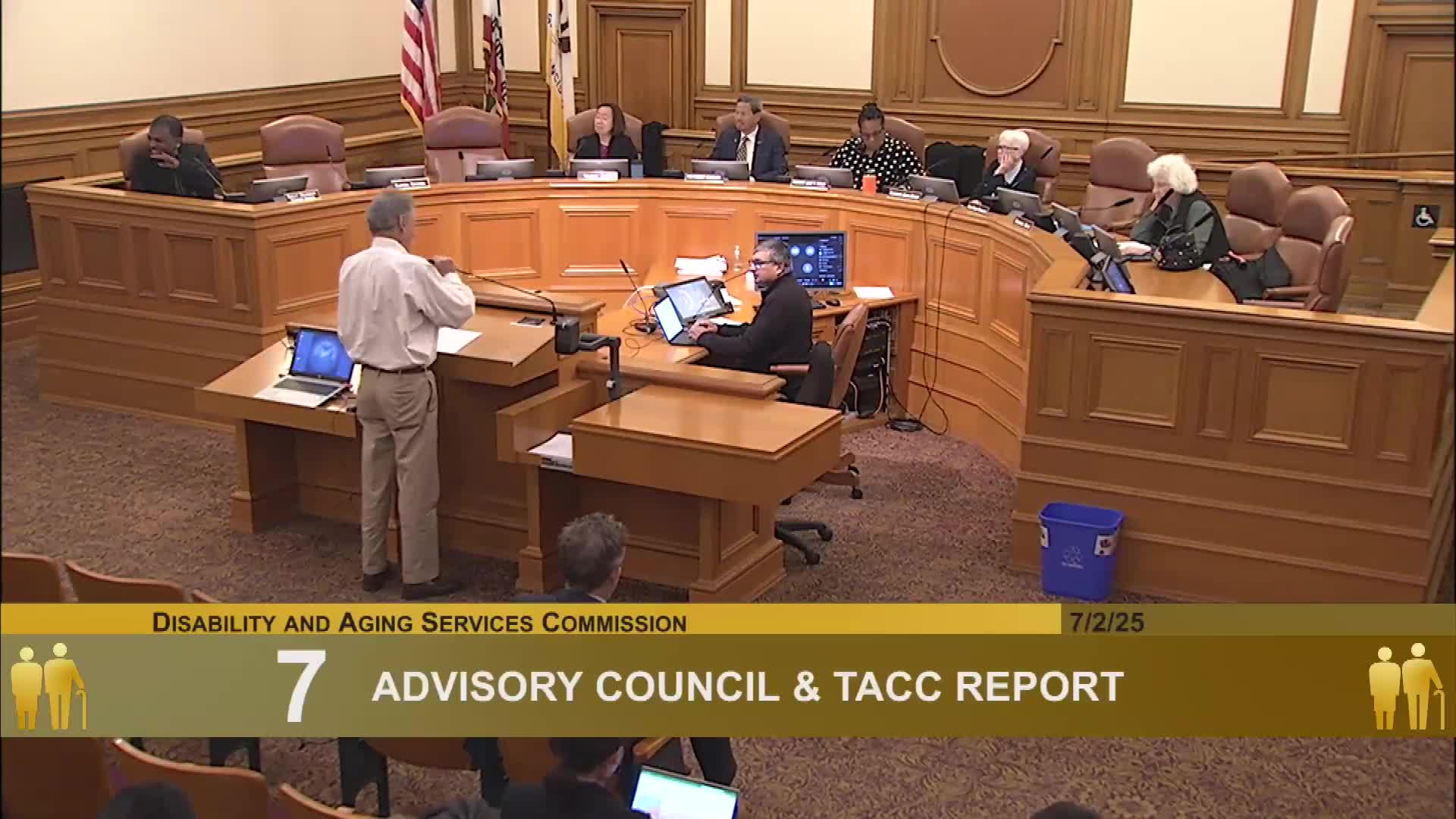
Advisory council outlines conservatorship types and warns of capacity shortfalls as LPS expansion approaches
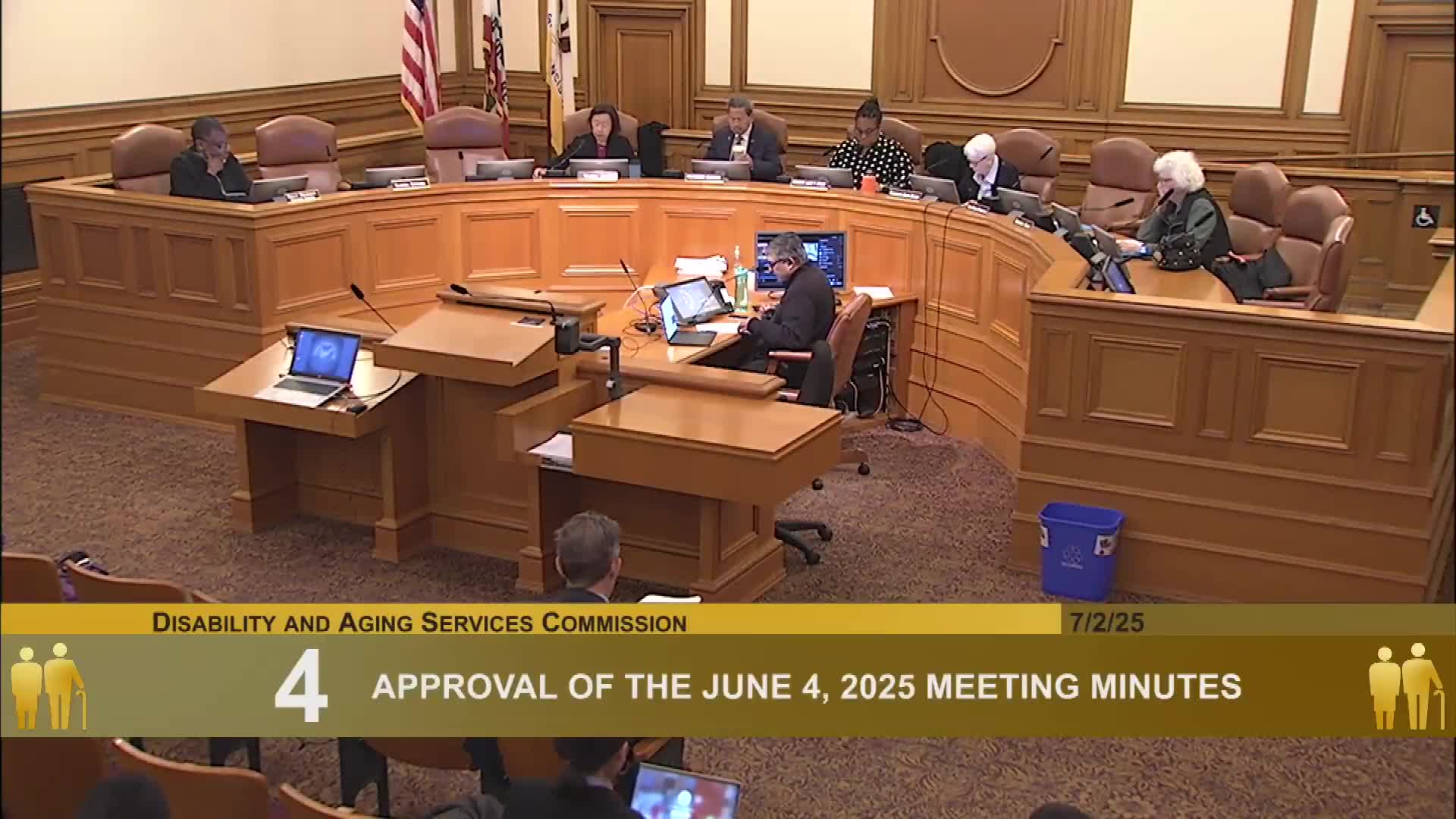
DAS director warns federal Medicaid changes could increase local demand; state budget preserves HomeSafe funding
